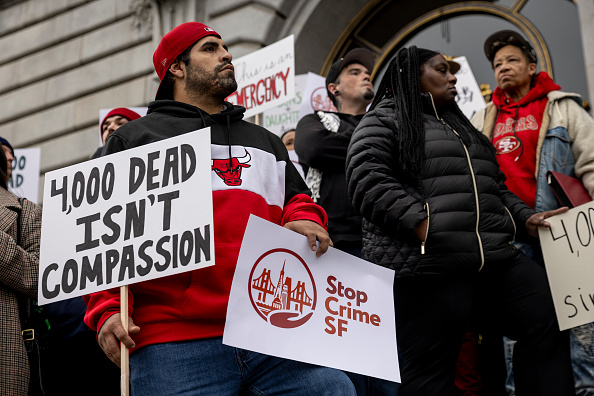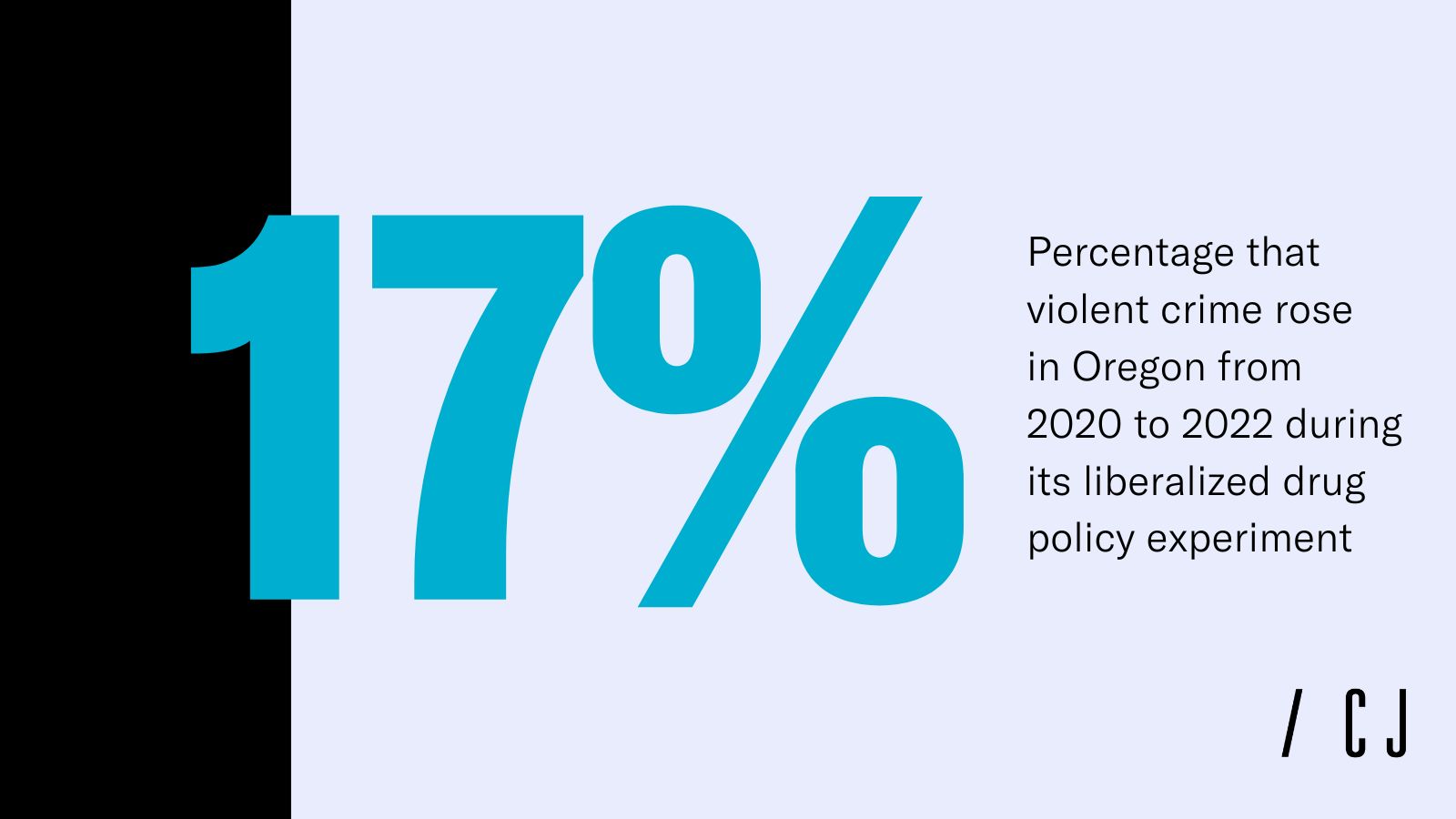|
Forwarded this email? Sign up for free to have it sent directly to your inbox. |
|
|
Good morning,
Today, we’re looking at how illegal immigrants have contributed to San Francisco’s drug crisis, what DOGE could mean for the Department of Education, and why city-run grocery stores don’t work.
Write to us at editors@city-journal.org with questions or comments. |
|
|
San Francisco’s leaders remain committed to the city’s sanctuary policies—but why extend them to drug dealers?
The city is gripped by a deadly fentanyl crisis, yet many of the traffickers fueling it—illegal immigrants from Honduras, linked to drug cartels—operate with little fear of deportation. New mayor Daniel Lurie has pushed for reforms, including emergency measures on homelessness and addiction, but the Board of Supervisors resists cooperating with federal immigration authorities to remove cartel-linked dealers.
Sanctuary laws were meant to protect law-abiding immigrants, but they’ve inadvertently shielded fentanyl traffickers. While a few supervisors, like Matt Dorsey, support deporting drug dealers, most have stayed silent. Meantime, overdose deaths keep mounting, and San Francisco’s most vulnerable residents suffer the consequences. With federal intervention looming, the city’s leaders must choose: ideology or public safety?
|
|
|
| Public safety and order take a back seat to sanctuary city priorities.
|
|
|
Elon Musk’s Department of Government Efficiency is moving lightning-fast—slashing pointless jobs, canceling billions in dubious contracts, and taking a hatchet to bureaucratic waste. Manhattan Institute Senior Fellow Christopher F. Rufo welcomes the progress, and believes DOGE could go even further—perhaps even dismantling the Department of Education, a long-sought conservative goal.
|
|
|
New York City has seen its share of ill-conceived government experiments, but Assemblyman Zohran Mamdani’s latest proposal—city-owned grocery stores—may be the most misguided yet. A Democratic Socialist running for mayor, Mamdani claims that removing the profit motive would keep food prices low. But as Seth Barron notes, New York has tried running businesses for the public good before—especially in housing—with disastrous results. NYCHA is a financial and structural wreck, kept afloat by endless taxpayer subsidies. A government-run grocery chain would meet the same fate, plagued by inefficiencies, rising costs, and deteriorating service. Even deep-blue Chicago abandoned a similar idea under Mayor Brandon Johnson.
The promise of cheap food and free transit may sound great, but as George Orwell warned, collectivist utopian pledges always come with a catch: someone else’s money. |
|
|
/ Caption Contest *WINNER* |
Congratulations to our caption contest winner, Jon C. |
|
|
Photo credits: San Francisco Chronicle/Hearst Newspapers / Contributor / Hearst Newspapers via Getty Images; THOMAS KIENZLE / Contributor / AFP via Getty Images |
|
|
A quarterly magazine of urban affairs, published by the Manhattan Institute, edited by Brian C. Anderson. |
|
|
Copyright © 2025 Manhattan Institute, All rights reserved. |
|
|
|





